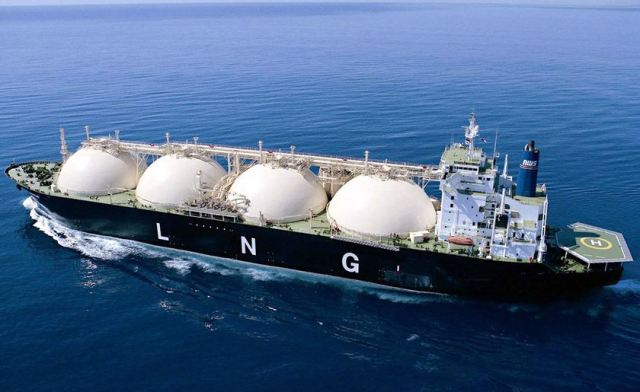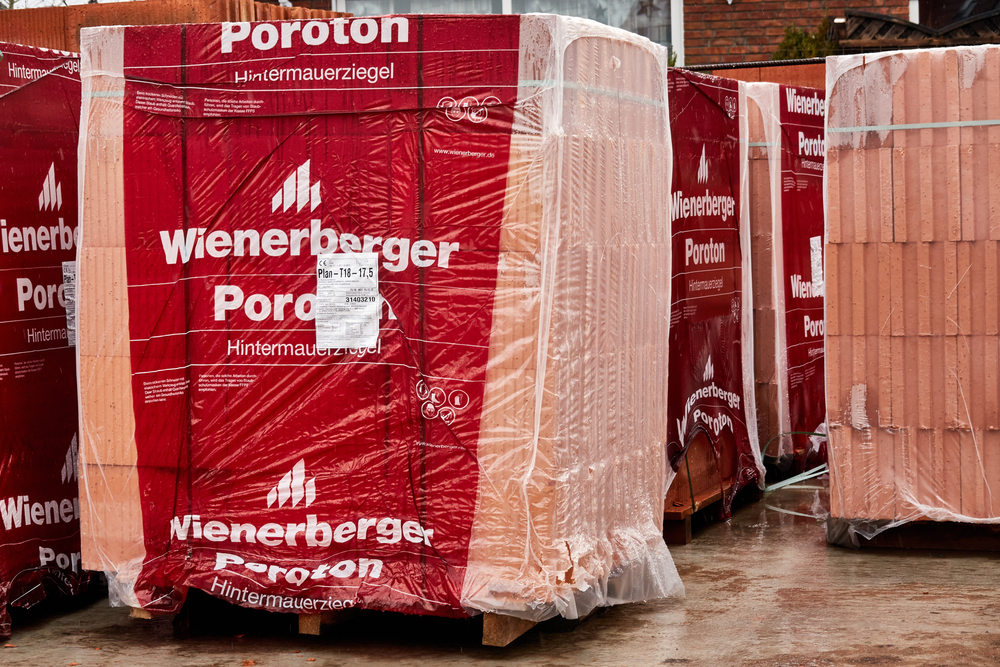MNB lists atypical job incentives, mobility as short-term tasks

Photo by Adriana Iacob/Shutterstock.com
In the short term, Hungary should exploit its hidden reserves of human capital through giving incentives for atypical forms of employment and within-country mobility for the country to catch up to the most developed part of the world, the National Bank of Hungary (MNB) said in its Competitiveness Report released, according to a report by state news wire MTI.
Photo by Adriana Iacob/Shutterstock.com
In the long run, the improvements to the health condition of the population, a demographic turnaround to secure the increase of the economically active-age population, and a state-of-the art educational system could contribute to the countryʼs competitiveness, the report said.
Other areas to tackle include the high operating costs in terms of assets of the financial intermediary system. These relative costs are the highest in the European Union and go together with high interest rate margins on retail loans.
Further development of digitalization could improve the cost efficiency, pricing, and the efficiency of the source allocation of the sector.
The state sector could contribute to the process through continuing the creation of electronic public administration, cutting administrative expenses further, whitening the economy, and supporting efficient energy use and green economy, the report said.
The report examines Hungaryʼs position in international comparison along 154 gauges on 12 fields of competitiveness. It also includes an international ranking according to MNBʼs Competitiveness Index, an index developed and calculated by the bank.
MNB Competitiveness Index ranks Hungary 19th among EU members
Hungary was 19th among EU Member States according to the 2020 MNB ranking, getting 47.4 of maximum 100 scores. Hungary was slightly over the 46.7 point average of the other Visegrád countries but below the 51.9 EU average. Even Sweden, leading the list, got only 67.3 points.
Scandinavian countries and the Netherlands led the list while Romania, Greece, and Bulgarian got the lowest points. Other countries behind Hungary (in that order) were Poland, Italy, Latvia, Slovakia, and Cyprus.
The report analyzed data for 2019 or earlier, therefore it does not include the effects of the novel coronavirus, it noted.
MNB first published a Competitiveness Report in 2017, and decided in 2019 to prepare such a report that includes international comparisons annually. The Bank published a competitiveness program containing 330 recommendations on improving competitiveness in 12 areas. Another annual publication will evaluate the implementation of the latter program.
SUPPORT THE BUDAPEST BUSINESS JOURNAL
Producing journalism that is worthy of the name is a costly business. For 27 years, the publishers, editors and reporters of the Budapest Business Journal have striven to bring you business news that works, information that you can trust, that is factual, accurate and presented without fear or favor.
Newspaper organizations across the globe have struggled to find a business model that allows them to continue to excel, without compromising their ability to perform. Most recently, some have experimented with the idea of involving their most important stakeholders, their readers.
We would like to offer that same opportunity to our readers. We would like to invite you to help us deliver the quality business journalism you require. Hit our Support the BBJ button and you can choose the how much and how often you send us your contributions.









